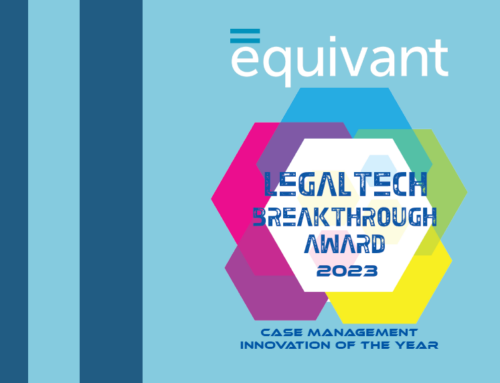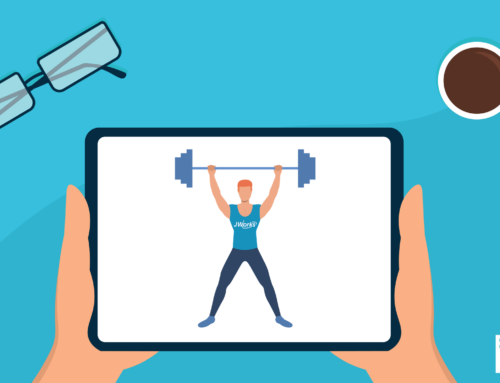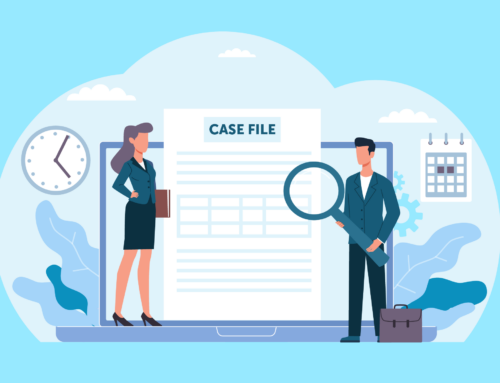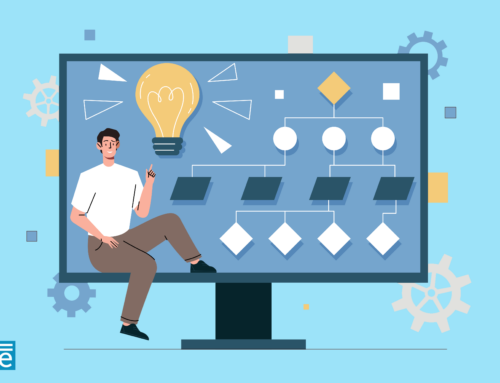We Support Person-Centered Justice
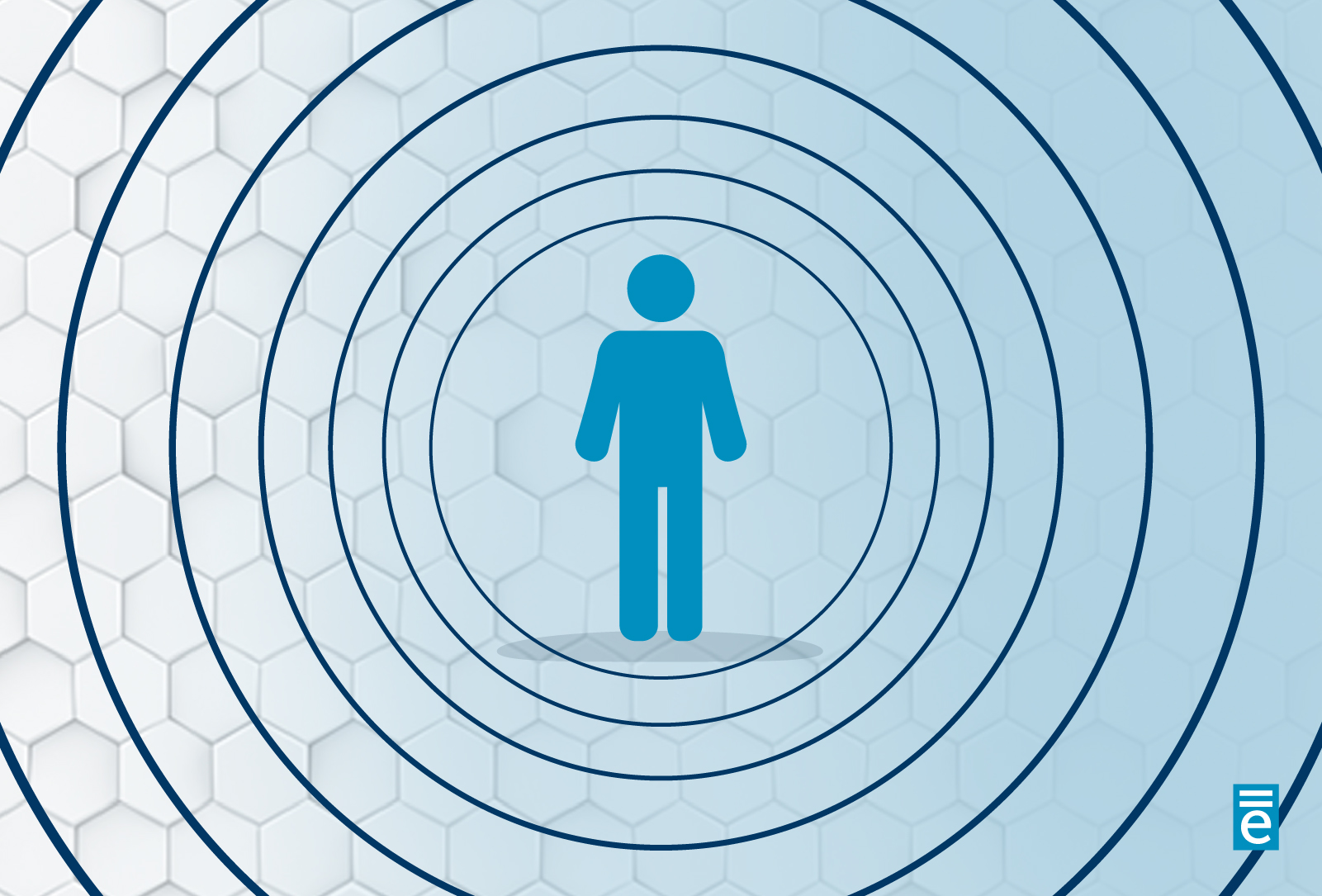
Anyone who has been working in the justice system as long as we have knows that there are a lot of reasons people get tangled up in legal matters. In many cases, those same reasons can be key to keeping them out of the justice system in the future.
That’s why person-centered justice is so important for individuals and communities. In person-centered decision-making, justice practitioners consider key social determinants when looking at participant history, needs, and success factors as a central part of case management. By addressing aspects of health and wellness, we center the justice process on the people journeying through it, increasing positive outcomes for individuals and communities.
“Traditional criminal case processes are not meeting the needs of the individuals we serve, and a new comprehensive, collaborative approach is necessary to create fair and effective criminal justice and caseflow management systems that meet the challenges of individuals with behavioral health needs.” This is according to the Criminal Justice Work Group of the National Judicial Task Force to Examine State Courts’ Response to Mental Illness. 1
Person-centered justice helps people with mental and behavioral health needs, and it doesn’t ONLY help people with mental and behavioral health needs. It helps every justice-involved person and their community by addressing root causes and considering alternatives to incarceration.
How does this work in a CASE-management-centered world? As the creators of the leading case management systems for all parts of the justice process, we might be the last people you’d come to for insight on person-centered justice. The fact is, your technology solutions are already built to support person-centered justice (ours are, at least), and when you shift your mindset, you can also shift the way you’re using your technology.
Effectively focusing on the people involved in a case comes down to the way you collect, organize, manage, share, and use your data. Person-centered justice practitioners look at the bigger picture of health and wellbeing (e.g., socioeconomic status, education, neighborhood and physical environment, employment, social support networks, access to health care, etc.) when considering what’s in the best interest of justice-involved individuals.
The more information you have, the more relationships you’ve built with other agencies in your community, and the more you’re sharing information, the better you can all work together to improve outcomes for individuals. Isn’t it time your technology helps you do that?
We’re not just taking a stand. We’re also here to help. Contact us today to talk about where your agency is in your person-centered practice, and where you want to be. We can help you get there.

